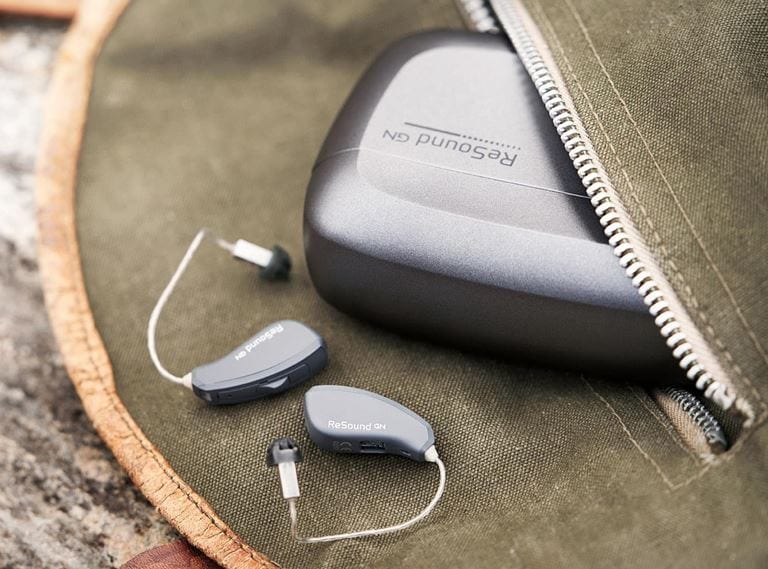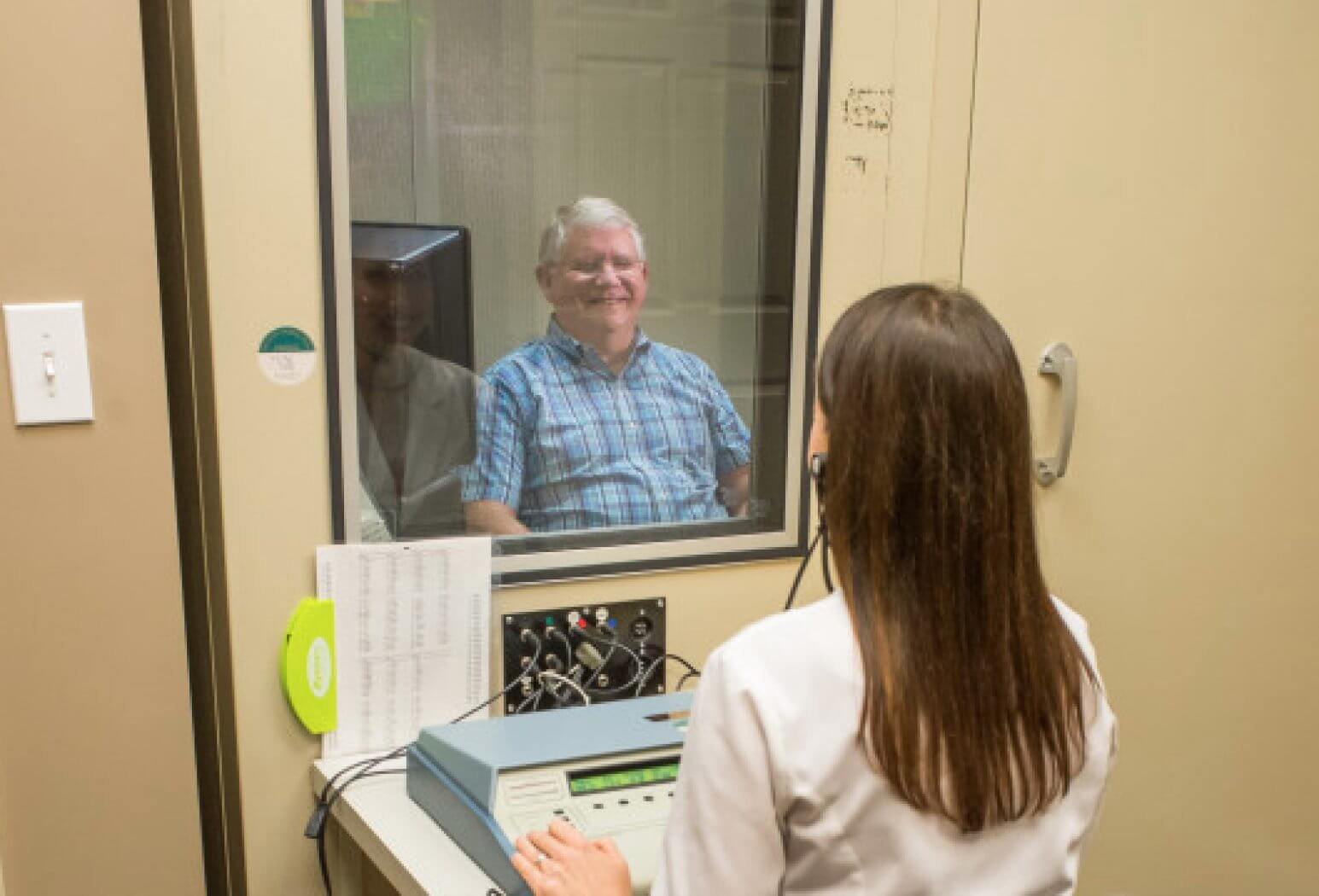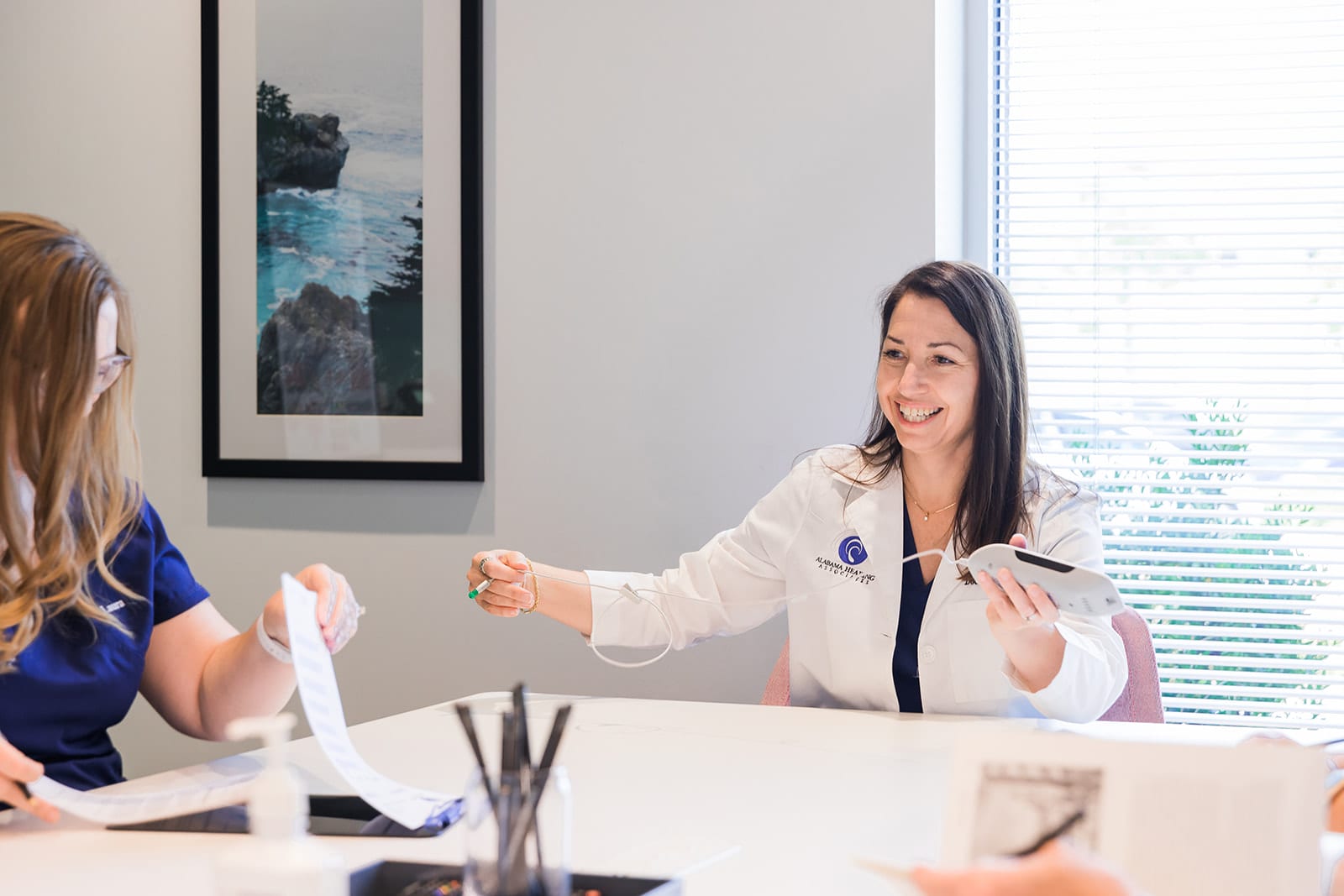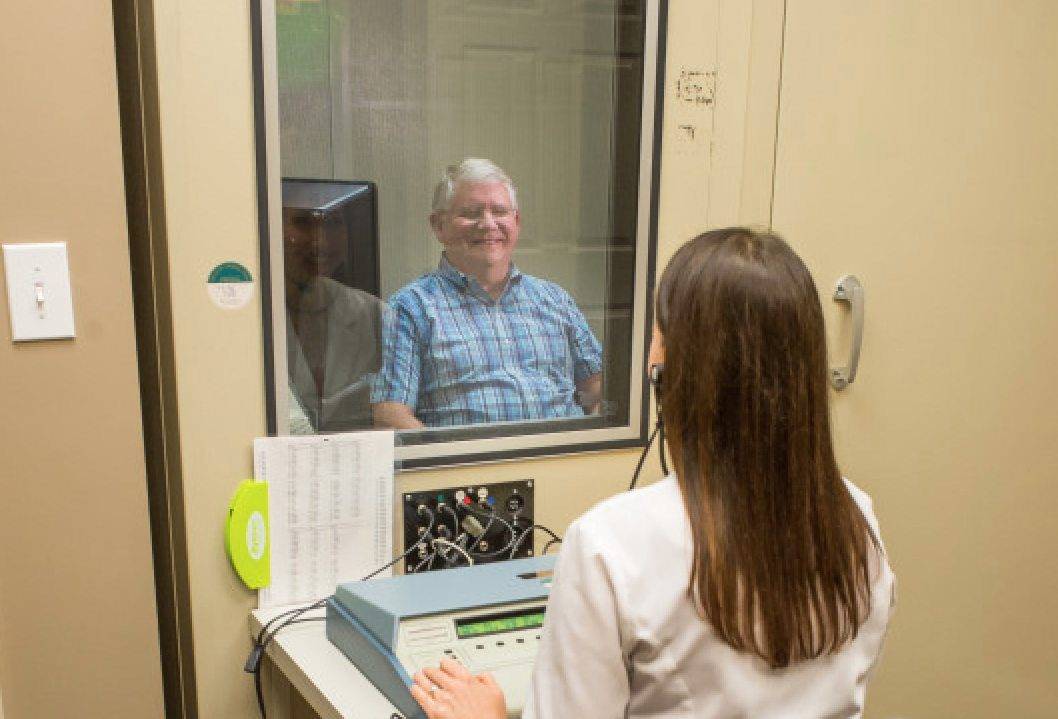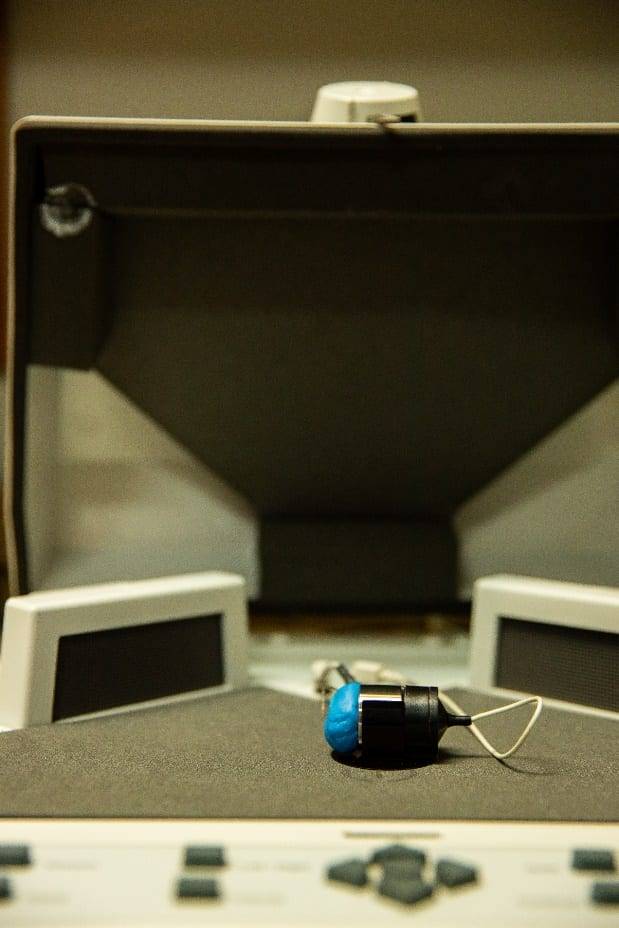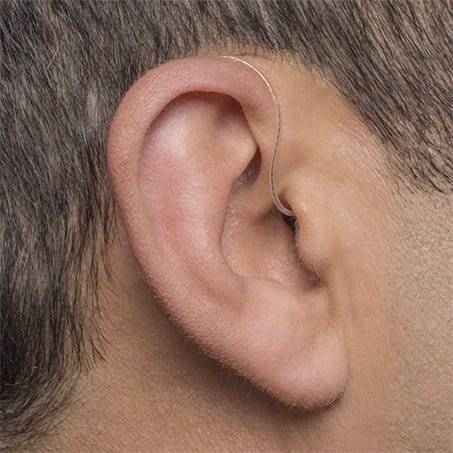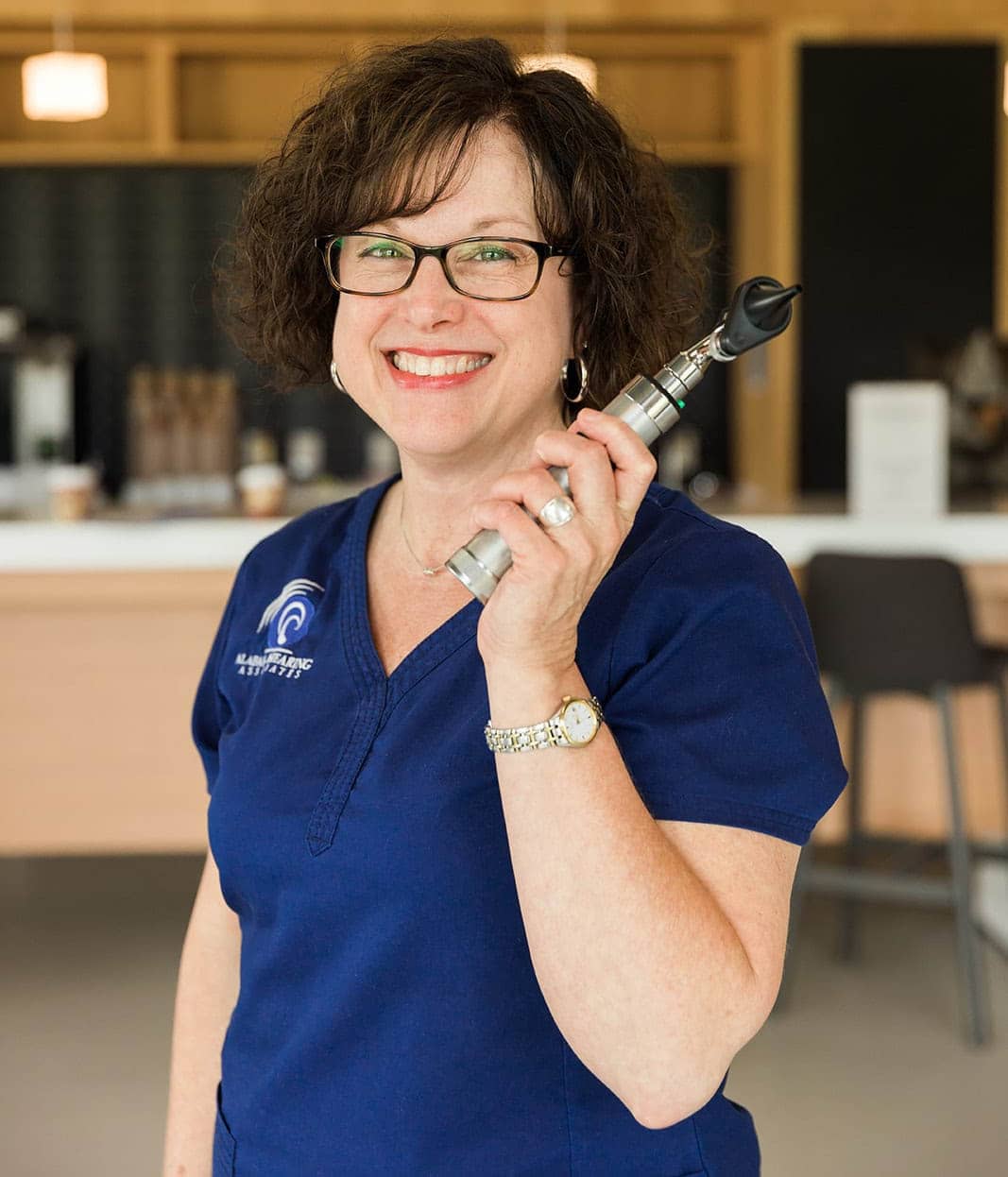Hearing aids can greatly enhance your quality of living and independence. Unfortunately, many individuals who have a hearing loss shy away from treatment for a variety of reasons. Among those, I often encounter have to do with the cost of hearing aids and insurance coverage.
Are hearing aids covered by insurance? I can offer no simple answer to that question, but I can provide you with some help for navigating through the complicated world of insurance coverage for hearing aids.
Insurance and Coverage Types
One reason that determining whether your insurance covers hearing aids is difficult has to do with the broad range of coverage types. A quick glance at various types of insurance and the coverage they offer will provide some basic insight into what you can expect.
Medicare and Medicaid
Medicare and Medicaid coverage of hearing aids includes a mixture of good and bad news. Presently, Medicare does not cover hearing tests or hearing aids, but in some states, Medicaid does provide some cost benefits. Medicaid complies with mandated Early and Periodic Screening, Diagnosis, and Treatment (EPSDT) for children under the age of 21 in all states, but Medicaid in Alabama does not provide any coverage for adults.
Affordable Care Act
Some states offer coverage for hearing aids and related expenses under the Affordable Care Act. Unfortunately, coverage under ACA follows that of Medicare and Medicaid.
Veteran (VA) Benefits
Veterans fair better when it comes to having hearing aids covered. VA benefits will cover the cost of hearing aids and hearing tests if your symptoms cause severe or direct interference to daily living. Coverage limitations include treatment in VA facilities after meeting specific qualifications.
Federal Employee Assistance
Families of those employed by the federal government receive some coverage for hearing aids. Most federal employee health plans cover the cost of basic hearing aids. You will pay for upgrades and extras, which can be deducted from your pay packet.
Private Insurance
Your chances of hearing aid coverage by private insurance, if you are an adult, are pretty slim. Children under 21 are covered due to the EPSDT mandate. However, without the addition of policy riders, your basic private insurance plan probably won’t provide any financial assistance.
Health Savings Accounts
Recent healthcare coverage shakeups have led to the establishment of various types of health savings accounts, which provide a viable solution to covering the costs of hearing aids. The most common types include:
• Flexible Spending Account (FSA) –you cover the cost, and the FSA account reimburses you.
• Health Savings Account (HSA) – works like an FSA, but with an annual accumulation feature.
• Health Reimbursement Account (HRA) – funded by your employer, who decides whether they cover the costs of your hearing aids.
Are hearing aids covered by insurance? Check your insurance provider.
Before talking to your insurance provider, it is a good idea to prepare some specific questions to receive clear answers, including:
• What is covered? (both testing and instruments or only testing, but no instruments)
• Who can provide your hearing aids? (coverage limited only to in-network providers and what penalties for seeing a non-network provider)
• How do they bill? (direct billing to the provider or reimbursement after you pay)
• What restrictions and limitations are included? (the financial limit for each hearing aid, special qualifications for coverage, non-network penalties, etc.)
What If Hearing Aids Aren’t Covered by Your Insurance?
It is frustrating to learn that your insurance does not provide coverage, and there is a temptation to walk away from treatment. Keep in mind that leaving your hearing loss untreated is far more costly in the long term, as it contributes to a full range of additional health problems.
A 2012 Johns Hopkins study connected a 50 percent increased risk in developing dementia and a 40 percent risk of developing depression in patients with an untreated hearing loss. Recent research adds to this, noting that untreated hearing loss leads to more frequent and longer hospitalizations along with increased admissions and more ER visits.
Besides reducing the added burden on your overall health, treatment for hearing loss contributes to a much more rewarding lifestyle. I strongly encourage my patients to keep looking for resources to cover hearing aid costs. Financial resources are often available from local, state, or nationwide organizations.
Alabama Hearing Associates is here to help. We participate in most insurance plans, and our staff is more than happy to help verify your benefits and lead you through the intimidating world of insurance coverage.
Contact us at either of our Northern Alabama locations to schedule a consultation.

